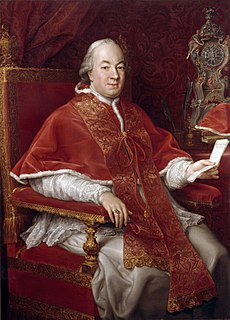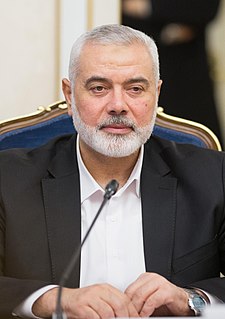A Quote by Eric Schmidt
You can understand Tunisia revolution as a failure to censor the internet. And Libya had that failure too. It's very difficult for governments that are autocratic and don't have broad popular support to be in power when a lot of people have these devices. That was what Arab Spring was about, that people could express this and lead to revolution.
Related Quotes
Women in the Arab world have a rich history in their active participation in political change from the Algeria revolution against the French occupation to the most recent revolution in Tunisia, Egypt, Libya among other countries. The question is not their participation. Their question is the incorporation of women's voices fully in the new definitions of the countries where change has happened.
I can't say I'm not grateful to have journalists writing about me as a genius. But I know it's not true. I'm not confused. I understand that success comes through a lot of failure and a lot of very embarrassing failure. People want to create the next Facebook, but they are too afraid to create the next Facemash.
What is irreversible in the Arab world is this intellectual revolution, the awakening that we can get rid of dictators. That is here, and the people have this sentiment and this political power. They feel that they can do it, and it's still there. At the same time, we don't know what is going to happen. So to be very quick by saying, "Oh, revolutions and Arab Spring," and - you know, what I'm advocating is to take a cautious optimism as the starting point of our analysis and to look at what is happening.
I don't think the Arab Spring had much to do with energy. I think it was just the opposite, in fact. I think the Arab Spring happened because particularly young people knew they were living in a context where they could not realize their full potential, that they are being kept down by their own governments.
When the Islamic revolution began in 1979 under the leadership of Ayatollah Khomeini, it aroused considerable admiration in the Arab street. It presented a model of organised popular action that deposed one of the region's most tyrannical regimes. The people of the region discerned in this revolution new hope for freedom and change.
In comparison to the French Revolution, the American Revolution has come to seem a parochial and rather dull event. This, despitethe fact that the American Revolution was successful--realizing the purposes of the revolutionaries and establishing a durable political regime--while the French Revolution was a resounding failure, devouring its own children and leading to an imperial despotism, followed by an eventual restoration of the monarchy.
I visited Libya in September 1996 for the 27th anniversary of the 'revolution' - a military coup that a 27-year-old Gadhafi led to topple the monarchy and since which he has ruled. Some were optimistic that Gadhafi's 'revolution' could herald a new Libya, but it didn't take long for his brutality to stamp out any such hopes.
We could not guard every water pipeline from being blown up and every tree from being uprooted. We could not prevent every murder of a worker in an orchard or a family in their beds. But it was in our power to set high price for our blood, a price too high for the Arab community, the Arab army, or the Arab governments to think it worth paying... It was in our power to cause the Arab governments to renounce 'the policy of strength' toward Israel by turning it into a demonstration of weakness.
I believe that a revolution can begin from this one strand of straw. Seen at a glance, this rice straw may appear light and insignificant. Hardly anyone would believe that it could start a revolution. But I have come to realize the weight and power of this straw. For me, this revolution is very real.


































